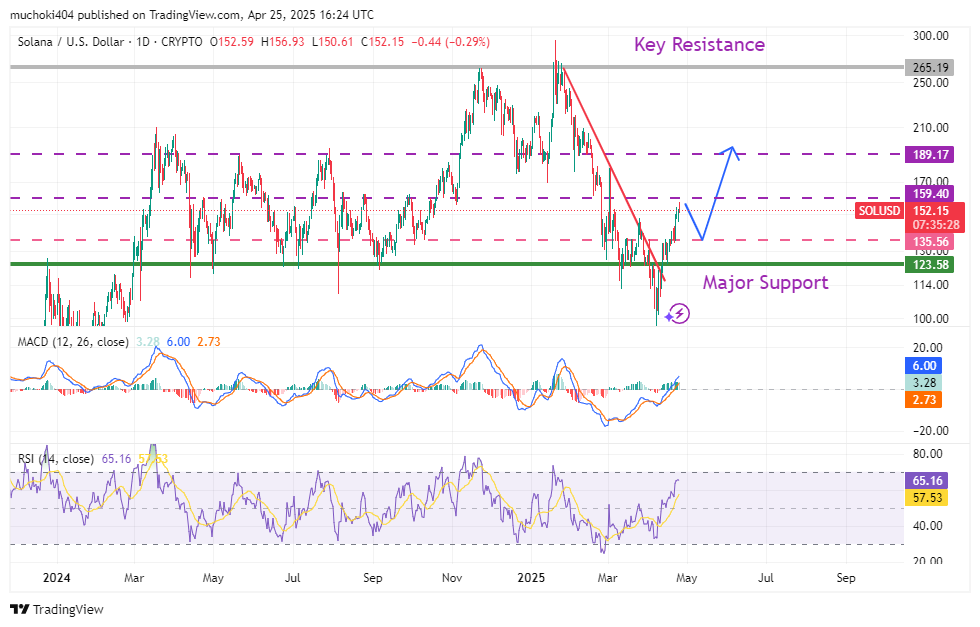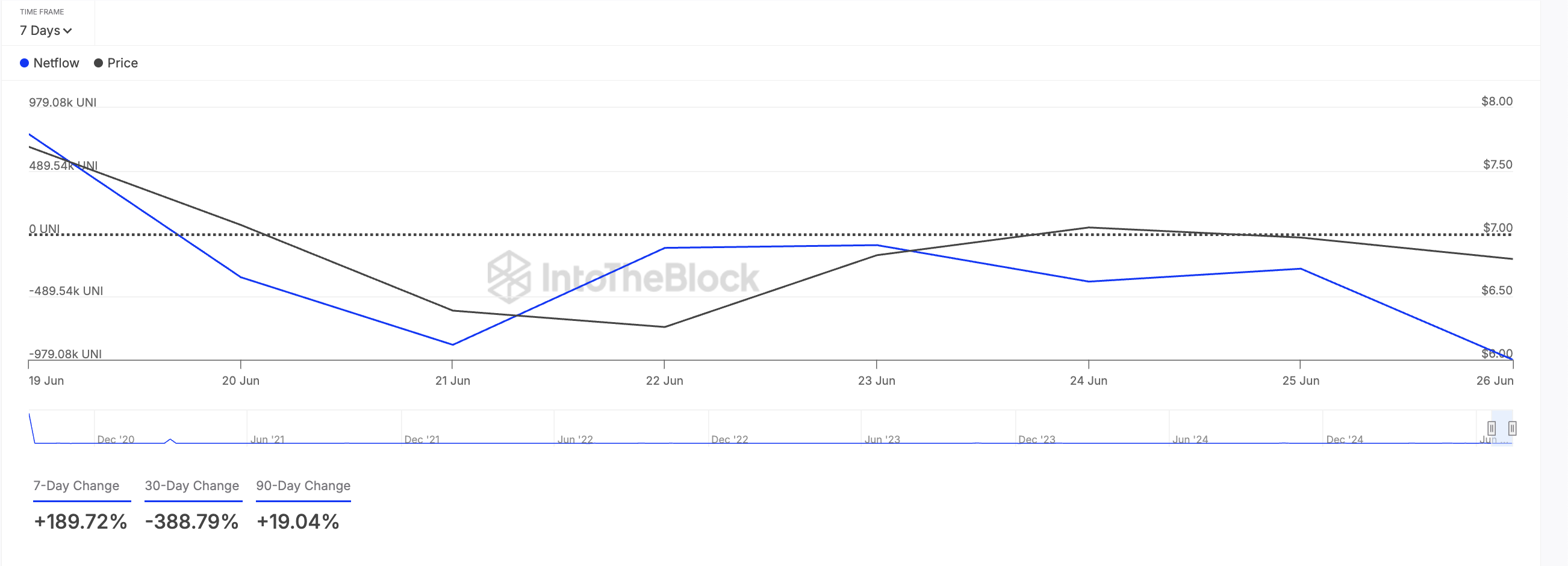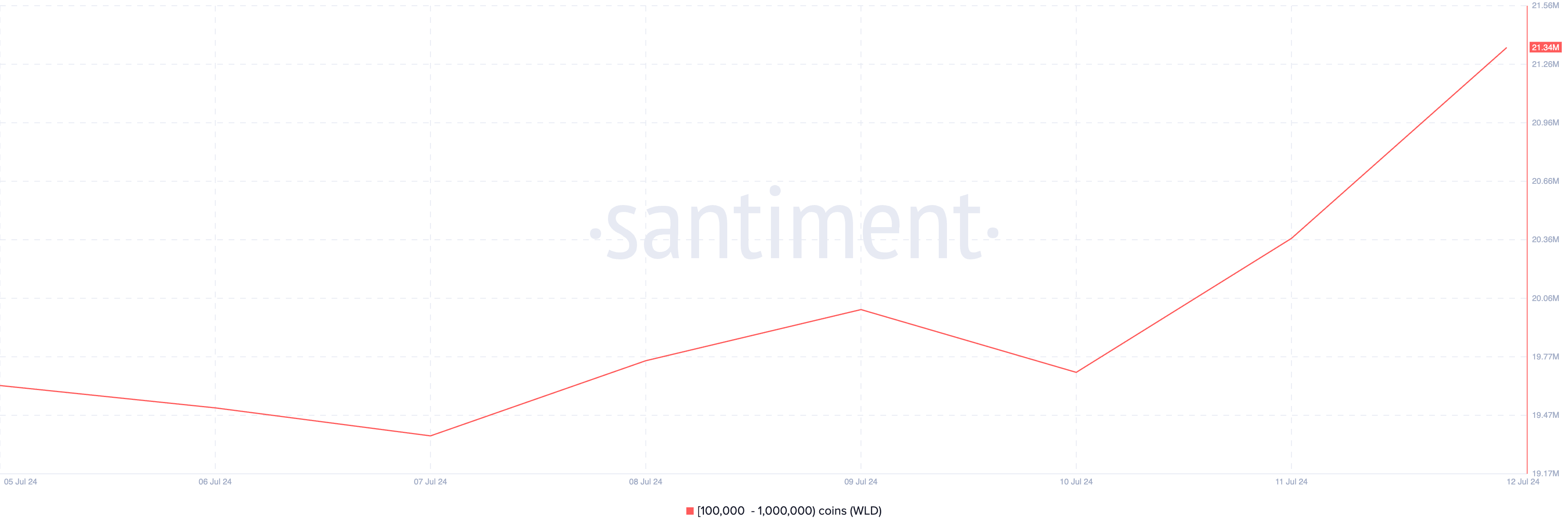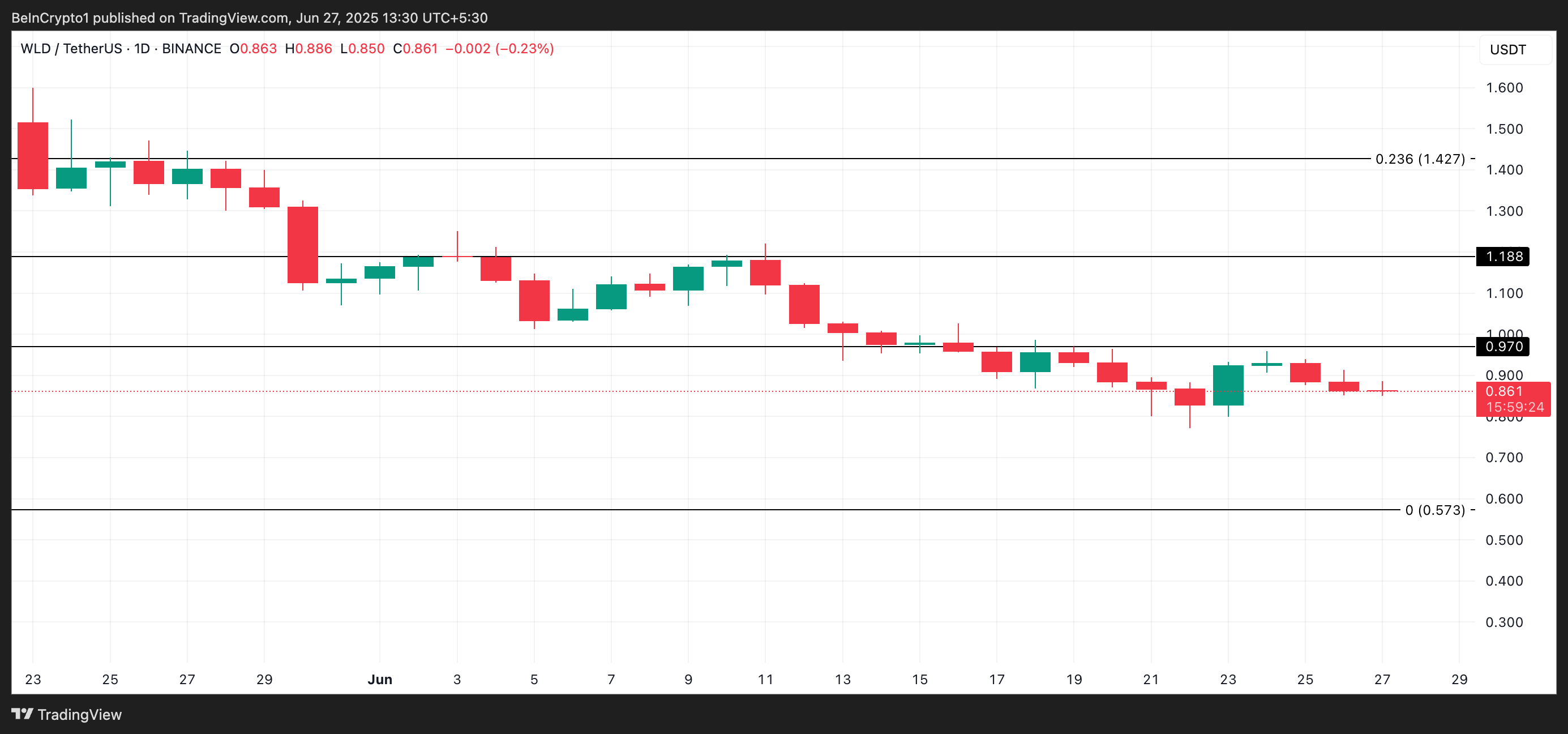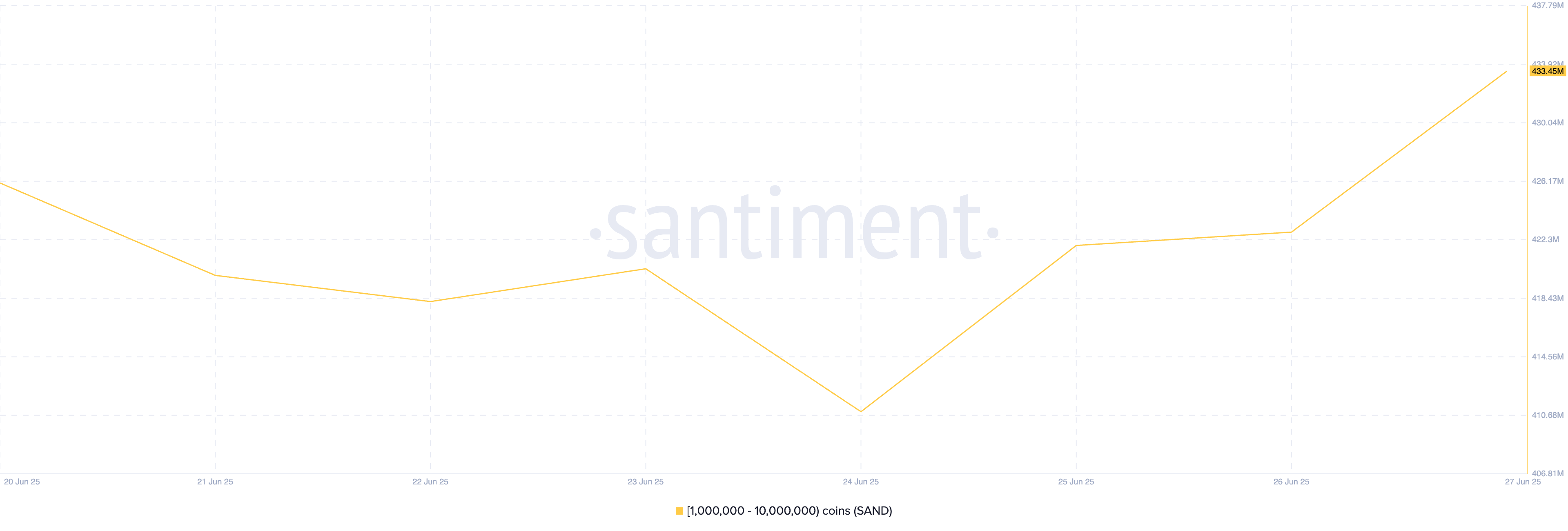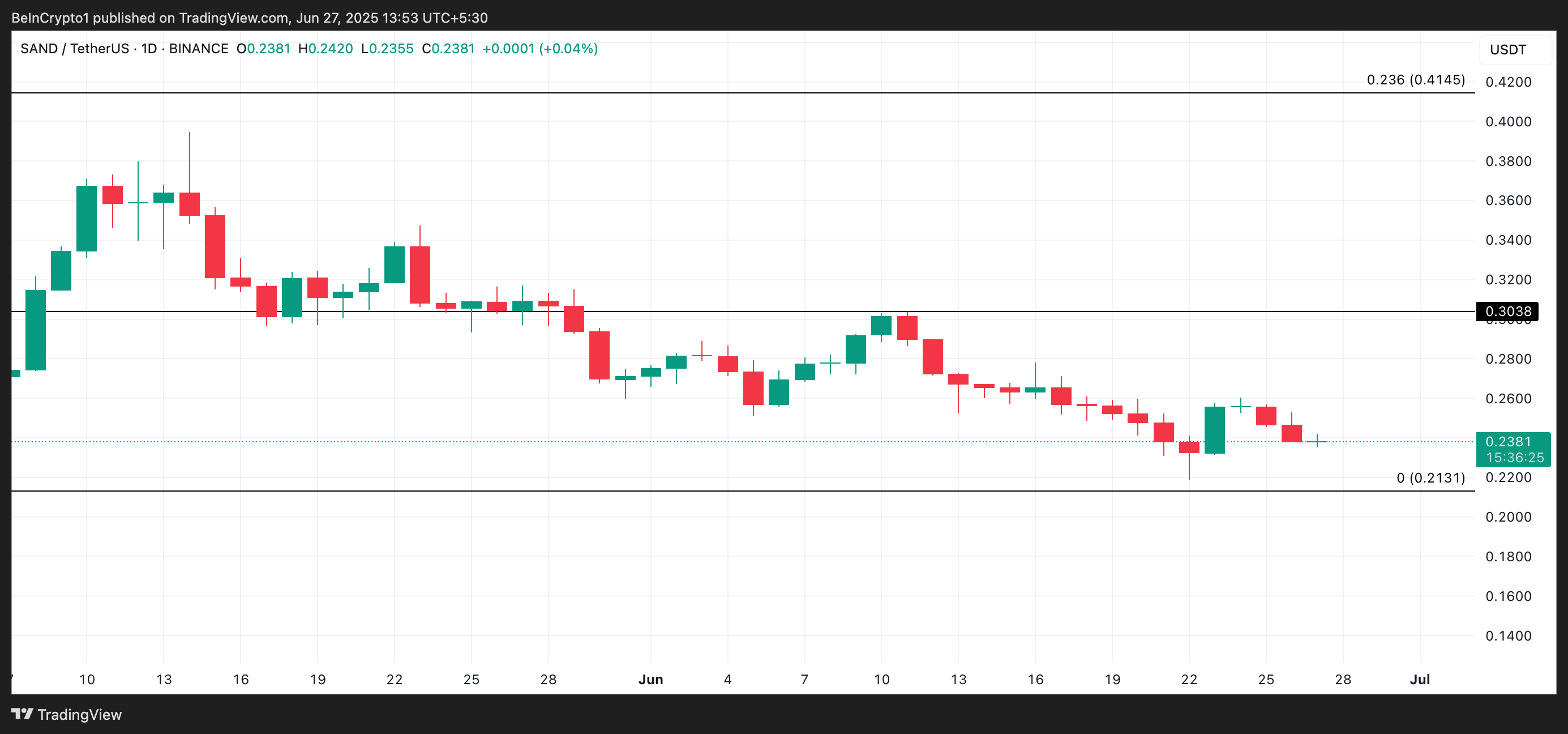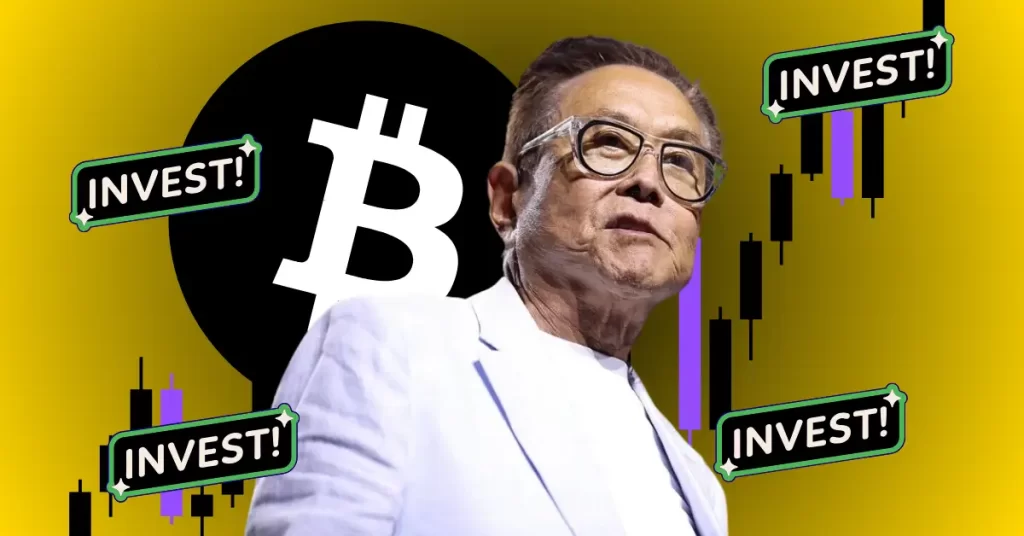
The post Robert Kiyosaki Warns of Bigger Crisis Ahead, Urges Bitcoin Investment appeared first on Coinpedia Fintech News
Robert Kiyosaki, the author of Rich Dad Poor Dad, is sounding the alarm again. He believes a massive financial crisis is looming and urges people to prepare themselves instead of waiting for government help. He says every crisis keeps getting bigger because the core issue, fiat money, was never fixed after 1971, when the US left the gold standard.
Major Financial Collapse Ahead
Kiyosaki pointed to the bailout of hedge fund LTCM by Wall Street in 1998, then the rescue of Wall Street by central banks during the 2008 financial crisis. Now in 2025, he highlights a more pressing concern raised by his long-time friend Jim Rickards. With central banks under pressure, the question is no longer who they will save, but who will save them.
Kiyosaki warns that the next domino to fall could be the $1.6 trillion in student loan debt, which Rickards believes could spark a financial breakdown of historic proportions. The veteran investor says this goes well with his long-standing belief that traditional fiat currencies are fundamentally broken. Once again echoing his famous quote, “Savers are losers”, Kiyosaki urges individuals to stop relying on governments or central banks for security.
Kiyosaki says the way to protect your wealth and freedom is by rejecting government money and choosing assets like Bitcoin, gold, and silver. He believes these real assets help people avoid losing control to a system he sees as heading toward socialism through economic manipulation.
Kiyosaki likened the current system to Marxist-style control, warning that fake data and corrupt leadership hurt the economy and take away people’s wealth and freedom.
- Also Read :
- Arthur Hayes Reveals Bold Crypto Market Prediction 2025
- ,
What does it mean for you?
Overall, Kiyosaki’s message shows the rising doubt people have in the current financial system. His advice to invest in real assets like gold and Bitcoin matches what we’re seeing in the current scenario, as central banks are buying more gold, big investors are turning to Bitcoin, and more Americans are worried about growing U.S. debt and money printing.
That said, while student loan debt is a huge problem, it may not be the only thing that could cause a financial crash. Experts are also watching other risks, like unpaid commercial property loans, more companies going bankrupt, and the government’s rising debt.
Never Miss a Beat in the Crypto World!
Stay ahead with breaking news, expert analysis, and real-time updates on the latest trends in Bitcoin, altcoins, DeFi, NFTs, and more.




